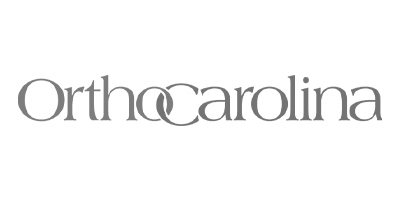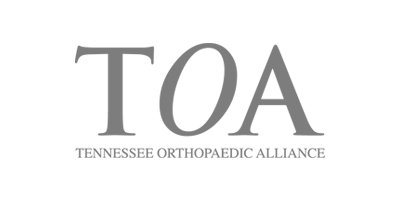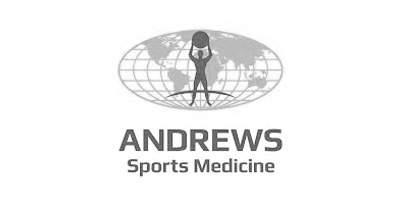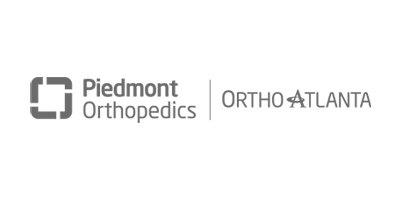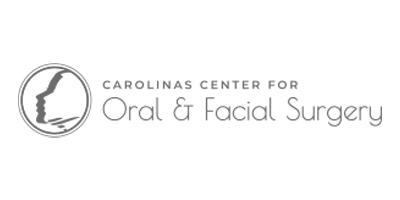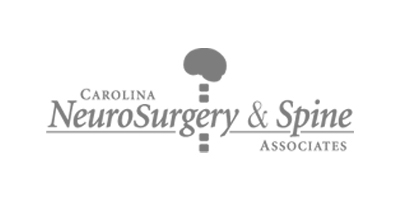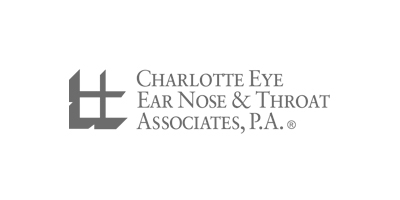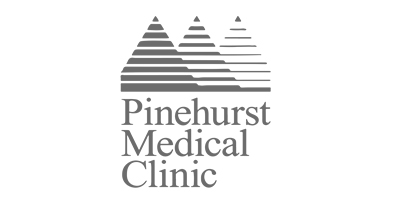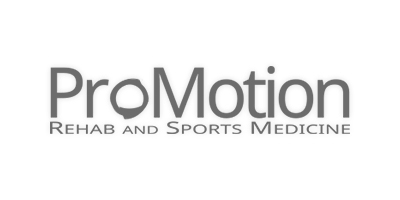Choosing the right content management system for a healthcare organization can feel overwhelming. Practices need more than a generic website builder — they need a platform that balances patient engagement, HIPAA-aware security, and long-term scalability. To help healthcare leaders, administrators, and marketing teams make informed decisions, we’ve compiled answers to the most frequently asked questions about healthcare CMS platforms and Remedy CMS. These FAQs cover compliance, integrations, cost, SEO, and how Remedy CMS compares to alternatives like WordPress, Sitecore, and Adobe Experience Manager.
Healthcare CMS FAQs
A healthcare CMS is a secure website platform that allows medical organizations to manage content, patient resources, and marketing campaigns while meeting compliance standards like HIPAA.
Healthcare websites must meet strict security, accessibility, and compliance requirements. A healthcare-focused CMS ensures patient data protection, scalable performance, and integrations that generic site builders often lack.
Key features of HIPAA-compliant CMS platforms include encrypted hosting, secure forms, role-based access, audit trails, and business associate agreements (BAAs). These safeguards help prevent unauthorized access to protected health information (PHI).
HIPAA-aware platforms, like Remedy CMS, are structured to separate public-facing marketing content that does not fall under the scope of HIPAA from your PHI by leveraging securely integrated data handling tools for all PHI and data that falls under the scope of HIPAA.
Remedy CMS is a healthcare-focused content management system developed by E-dreamz Healthcare Solutions (EHS). It combines enterprise-grade security, HIPAA-aware workflows, and patient-friendly features in an intuitive SaaS platform.
Unlike WordPress or Drupal, Remedy CMS is purpose-built for healthcare. It eliminates plugin security risks, includes HIPAA-aware hosting, and comes with healthcare-specific integrations for scheduling, forms, reviews, and portals.
Yes. Remedy CMS is designed with HIPAA-aware security practices and infrastructure. EHS provides secure hosting, encrypted data handling, and compliance-ready tools that meet healthcare privacy requirements.
Remedy CMS is trusted by orthopedic practices, dental groups, specialty clinics, and large hospital systems. The platform scales from small private practices to enterprise healthcare networks.
Yes. Remedy CMS integrates with leading scheduling systems, compliant form solutions, reputation management tools, and patient portals to streamline digital workflows and improve patient engagement.
The best CMS depends on your goals, but healthcare-specific platforms like Remedy CMS stand out because they are secure, compliant, and tailored to the needs of medical organizations.
Platforms like Remedy CMS, Sitecore, and Adobe Experience Manager provide HIPAA-ready security features. Remedy CMS offers a simpler, cost-effective option without the complexity of enterprise DXPs.
Hospitals often use enterprise DXPs like Sitecore or AEM. Many multi-location practices and specialty groups choose Remedy CMS for its healthcare focus, scalability, and lower total cost of ownership.
Remedy CMS offers healthcare-specific features and compliance at a fraction of the cost of Sitecore or AEM. Unlike WebMD Ignite, it provides greater customization, scalability, and enterprise support.
WordPress can be used in healthcare but requires significant HIPAA hardening, strict hosting controls, and constant plugin monitoring. Remedy CMS provides built-in compliance and security without that overhead.
Yes. Remedy CMS is built with SEO best practices, fast performance, and structured schema markup. It helps healthcare websites rank for local search, patient FAQs, and Google’s AI Overviews.
Yes. Remedy CMS supports answer-engine optimization (AEO) with structured data, FAQ blocks, and AI-friendly content, making practices more visible in AI Overviews and local search results.
Remedy CMS can integrate with tools like Google Analytics, Search Console, and healthcare-specific reporting dashboards. We have experience helping users adopt anonymizing services like FreshPaint for compliance. For Remedy CMS users on an Enhanced or Enterprise level Growth Retainer, we offer our own first-party, anonymized Remedy Analytics. Practices can track website traffic, conversions, and patient engagement in one place.
Most Remedy CMS projects range from $20K–$30K, with monthly retainers of $2K–$7K. This makes it more cost-effective than enterprise DXPs while offering more security and healthcare features than open-source options.
Depending on scope, a practice can launch with Remedy CMS in as little as 8–12 weeks for templated builds or 4–6 months for fully custom enterprise websites.
Yes. Remedy CMS comes with continuous platform updates, technical support, and compliance monitoring to ensure your site stays secure and future-ready.
Remedy CMS is owned by E-dreamz Healthcare Solutions, a healthcare web design agency with 25+ years of experience. Remedy CMS itself has been serving healthcare organizations for more than 10 years.
Ready to Transform Your Practice's Digital Experience? Contact Us Today to Schedule a Demo.
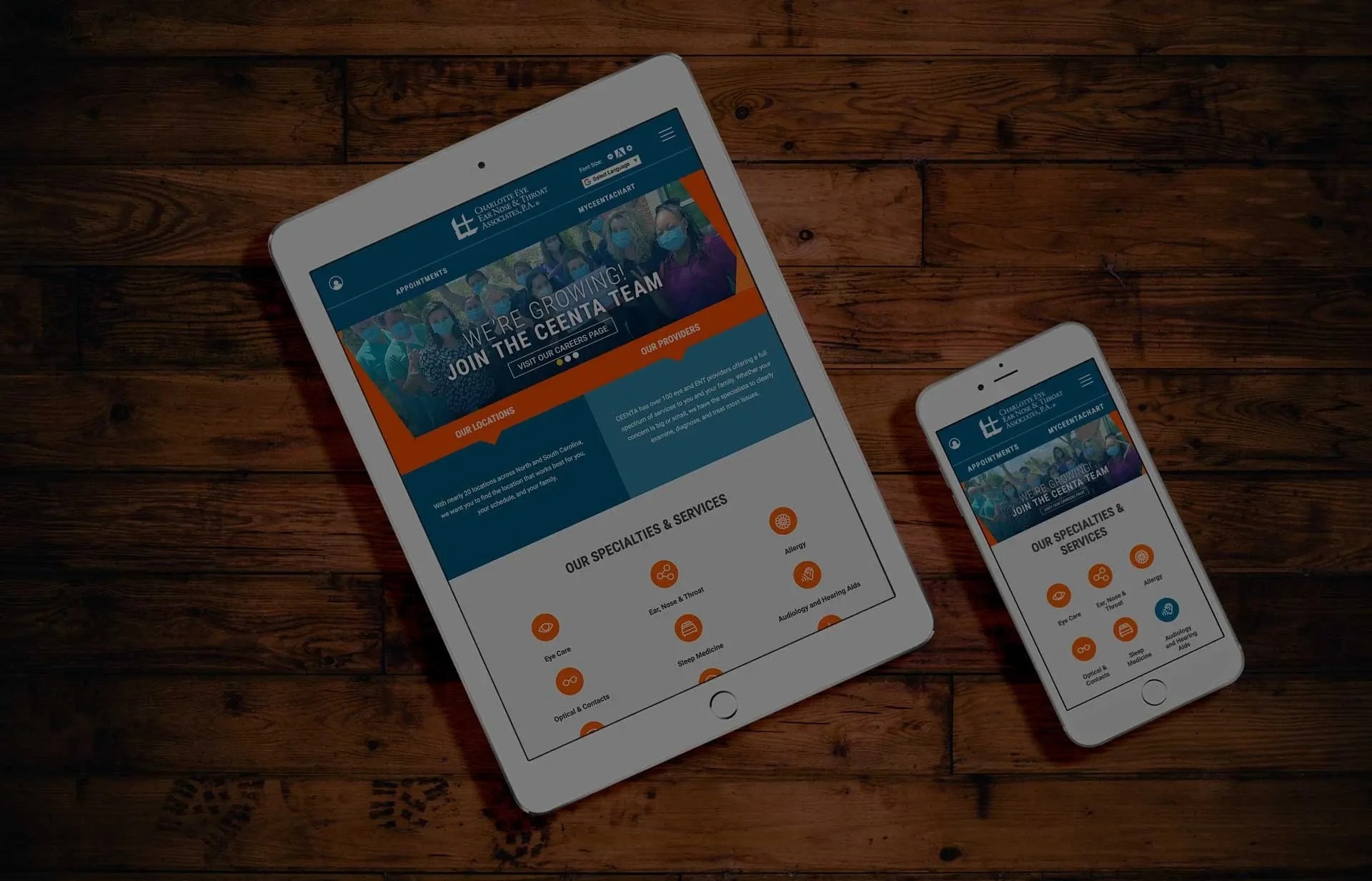
© 2026. All rights reserved. E-dreamz, Inc.


